Even though it was published way back in 1936, Dale Carnegie’s best-selling How to Win Friends and Influence People is filled with valuable advice that many still look to today when it comes to advancing their careers and expanding their personal networks. Here are a few lessons from Carnegie’s book that you can start using now to help you grow in your career and in your personal life.
1. “Don’t criticize, condemn, or complain.”
Carnegie advises that you avoid criticizing or complaining, especially in the workplace. Everyone wants to feel important and valued, but harsh criticisms put that feeling of importance in jeopardy. Instead, try to really understand your colleagues and practice sympathy, tolerance, and kindness. Don’t forget that your overall goal here is to, as Carnegie’s book title suggests, win friends and influence people in the workplace.
2. “Remember that a person’s name is to that person the sweetest and most important sound in any language.”
It’s true– people love to hear their own names. A 2006 study actually found that hearing your own name triggers a unique positive brain function. Using someone’s name in conversation with them is a surprisingly quick and effective way to deliver a compliment. It’s also an easy way to show your colleagues and coworkers that you’re truly engaged in the conversation and that all of your attention is on them.
3. “Be a good listener. Encourage others to talk about themselves.”
As Carnegie states, “You can make more friends in two months by becoming interested in other people than you can in two years by trying to get other people interested in you.” One of the best ways to get to know someone and form a solid connection, especially if you’ve just met them and will be working together in the future, is by asking them questions about themselves. These questions can cover everything from general interests to the history of their career path.
While you’re actively listening to their answers, make sure that you pick out key things you have in common to strengthen your connection. Carnegie stresses that emphasizing similarities you have with a colleague instead of differences is a great way to show them you’re working toward the same ultimate goal, even if your methods to get there may vary.
4. “If you are wrong, admit it quickly and emphatically.”
It can be hard to admit when you’re wrong, but it’s often necessary, especially in the workplace. If you’re honest and humble enough to own up to your mistakes, your colleagues are more likely to respect and forgive you. At the very least, they will probably be willing to move past the issue more quickly than if you just won’t admit to being wrong under any circumstances.
5. “The only way to get the best of an argument is to avoid it.”
Carnegie’s advice aims to help you achieve two goals: make friends and influence people. Keeping in line with those goals, you should avoid engaging in arguments wherever possible. Even if you engage in an argument with a colleague and “win”, you’ll still walk away having alienated that colleague, and there’s now a strain on the professional relationship. Aim to have productive, calm discussions rather than arguments if you and a coworker don’t see eye-to-eye.
6. “Try honestly to see things from the other person’s point of view.”
Sometimes all it takes to understand where a coworker is coming from is looking at things from their point of view. Carnegie actually claims the ultimate secret to success is the ability to see and understand an issue from multiple perspectives. If you and your coworkers can have conversations based on trust and mutual understanding, you’re likely to form positive and productive relationships.
7. “Call attention to people’s mistakes indirectly.”
In the spirit of forming and maintaining positive relationships in the workplace, try your hardest not to call out or embarrass your colleagues when they make mistakes. If you can call attention to someone’s mistake indirectly, leading them to fix the issue on their own, they will feel empowered and capable.
There are certain workplace situations in which you’ll have to be more direct, though. Under these circumstances, just make sure to remain tactful, respectful, and level-headed.
8.“Talk about your own mistakes before criticizing the other person.”
If you approach a coworker and start laying into them about something they’ve done wrong without acknowledging that you’ve also made mistakes in the past, you run the risk of coming across as arrogant and simply unkind. Starting out by admitting your shortcomings evens the playing field and shows that you’re human, too.
9. “Ask questions instead of giving direct orders.”
Almost nobody truly enjoys being told what to do. It’s human nature. Instead of barking orders at your colleagues, reframe your thinking and respectfully ask them to complete the tasks instead. This empowers your coworkers and helps solidify their positive impression of you and your leadership skills.
10. “Make the other person happy about doing the thing you suggest.”
One way to make someone happy about doing something you’ve suggested is by making them think the action was their idea in the first place. Another way is to show them how doing the action will affect them positively in some way. Carnegie says you should consider how your coworker will benefit from doing what you’re asking them to do and make sure it lines up with what their overall wants and goals are.
Ready to take this career advice and apply it to a new job? Contact Stratice today- we would love to partner with you on your career path!









